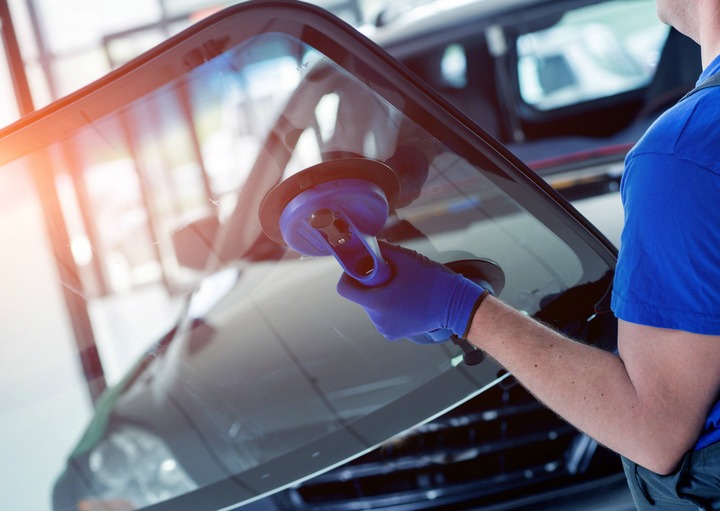The Smartest Auto Repair Tips You Can Find
Learning basic auto repair can help you in so many ways throughout your life. Besides saving money from taking it into a shop, you can teach others how to do the same. Read this article for ways to fix things that commonly break in different makes and models of cars.
When doing your own work on your automobile, you want to make sure you never take things too far in error. You're saving yourself some money by doing it yourself, but if you're not sure about something, you need to find out or let a professional handle the matter. You could end up costing yourself so much money.
You don't have to get a mechanic in for simple repairs. You can fix some things easily. You can take your chances by going on the Internet to find some information to see if you can locate the problem. If the job is not complicated, make the repairs yourself to save money.
Do not assume you have been ripped-off by your mechanic because of the high price of your bill. Some parts are very expensive to replace, including engines, transmission systems or dashboard computers. You should ask your mechanic about the cost of the parts he had to put in your car.
When you top off your motor oil, avoid spilling oil on your engine by wadding up a couple of paper towels around the oil receptacle on the crank-case. This will absorb drips and spills. Be sure to dispose of your empty oil container and the paper towels responsibly when finished adding oil.
When performing your own car repairs, make sure you budget enough time to get the job done. It's easy to underestimate how long a repair job will take. You may encounter difficult to remove bolts or nuts, or find out a part is harder to remove than you anticipated. Giving yourself enough time to complete the repair safely will make the job much less stressful.
If you need new tires, do not get used ones from a garage or a junk yard. Used tires are not a good choice since they might be worn thin or have already been patched. Brand new tires are expensive but they are a good investment and will help you remain safe.
Always keep some tail light tape around. You could get pulled over and get a ticket for a broken tail light. You should remove the light from your vehicle, replace the light-bulb if you need to and wrap the whole light in tape. This is a temporary fix but it is better than driving with a broken light.
Always shop around and get a second opinion before paying for an expensive repair. A lot of places will put rates in the fine print and so you need to read over any paperwork carefully. How will you be billed? Many car dealerships may charge by "book time" which is a set rate based on how long the repair should take to do. Other shops may charge an inflated rate for a minor repair that should be done within a shorter period of time.
Look for a good auto repair shop before you actually need auto repairs. This is all about being proactive. When you need them, it's a major annoyance to have to spend a ton of time searching. It leads to you making poor choices due to the bad situation you're already in. By choosing a repair shop prior, you can seriously consider your options.
Keep in mind that any DIY auto repairs can be dangerous. Have someone assist you and make sure they are ready to react to emergencies. Only invest in the best tools available. This is the case especially when you are investing in equipment to change your tires. The jack must hold the vehicle securely and safely. Do you really want to get under your car with a poorly made or faulty jack? You should think about purchasing a hydraulic floor jack that has approved stands.
Don't be afraid of looking silly when you take your car into a shop. Ask plenty of questions. Make sure you know what is going on. You deserve to understand what is happening with your car, and a good technician will not mind your questions. The knowledge may come in handy in the future.
Be responsible when performing DIY auto repairs. Just about every item you might replace or repair on a vehicle is environmentally unfriendly. Take care to dispose of liquids such as motor oil and coolant properly. Take used parts to your local junk yard or recycling center. Don't toss plastic bottles about the landscape. If you are unsure of where you can dispose of these items, check with your local waste disposal agency or an automotive supply store.
Rather than running to the mechanic each time you hear a funny noise or your breaks start to slip, you can depend on yourself. The tips in this article should get you started with basic auto repair. Remember them the next time you're having issues with your car for any reason.

